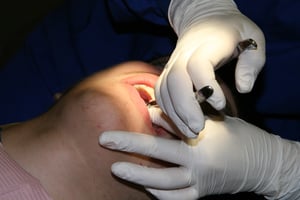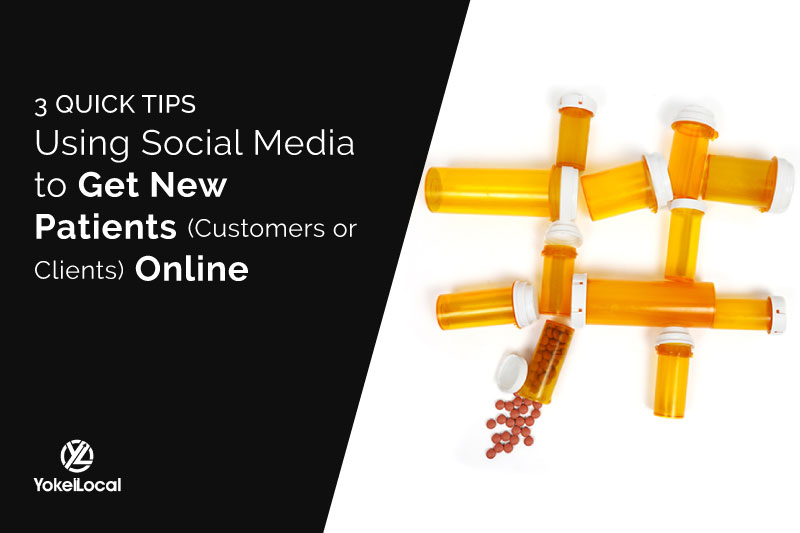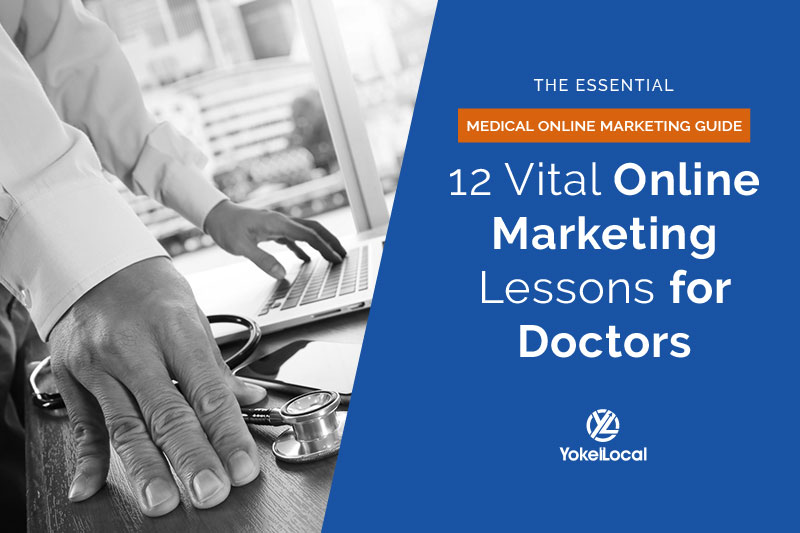leaMarketing an expensive medical procedure not covered by health insurance is always going to be tough -- now add the social stigma around elective surgeries that an individual has to overcome, and you've got a real marketing challenge.
The truth is, a cosmetic procedure doesn't have to be a medical emergency to have a profound improvement on a person's quality of life.
Your potential patients know this, but the question is whether the benefits are worth the hefty price tag?
How do you convince someone to spend money on a medical procedure that they don't medically need?
There is nothing unethical about persuading candidates to move forward when you genuinely believe the procedure will be valuable for them.
Assuming that your patient can afford the procedure, and is well-informed of the benefits and potential risks, they've most likely already made up their minds.
The psychology behind persuading the average consumer to spend hard-earned money on an elective, surgical procedure isn't as complicated as it may seem.
As with any consumer, people just want a reason to justify the investment (to themselves and the people around them).
While there are a lot of trends that come and go, the two areas that people are always willing to spend the most money are:
- Achieving their dreams and goals
- Reducing their pain and fears
Your elective medical marketing should key on these areas.
Remember, the decision to pay for an elective procedure is more emotional than practical.
You're not trying to sell the procedure itself; you're selling "the experience" that the procedure provides (or will provide).
Case in point? Laser vision correction surgery allows a patient to get rid of wearing glasses or contacts for the remainder of their lives.
1 - Maximize Their Potential With Your Offer
How do the medical and cosmetic procedures you provide add value to someone's life? Will veneers give you the pretty smile you've always wanted?
With marketing elective surgeries, improving health isn't the primary concern. Promoting health benefits of elective surgeries is less effective because there will often be cheaper alternatives.
People pursue cosmetic surgeries or treatments because they have a dream of a better life. These enhancements take closer to their dreams.
To successfully promote an elective surgery, you want to show them how you can make their dreams a reality. A person with no cavities or missing teeth doesn't get veneers for dental health. They get them to have the smile they've always wanted, to be more attractive, to get more dates, and to feel confident in their appearance.

Tiger Woods didn't get LASIK surgery because he had terrible vision -- he got it because he wanted to have the best vision possible for his golf game.
He's not alone. You can put a price on LASIK surgery, but you can't put a price on beating your competition in the sport you love.
Your goal when doing marketing for your elective surgery is to show that the surgical treatment will give enough value to not only outweigh the cost but to make cost irrelevant.
2 - Reduce Their Pain Through Your Advertising
Elective surgeries do more than add value to a person's life -- they also take away pain and suffering.
In some cases, people are more concerned with eliminating insecurity and embarrassment than anything else.
They're not looking to live a dream life; they just want a healthy life.
A man who hides his smile in public because of his chipped teeth might not want more dates; he just wants to relax and enjoy himself without worrying what others think.
In most cases, women don't get nose jobs because they believe that it will boost their career. They just want to love how they look in photos and not feel insecure about their abnormal profile all the time.
When marketing healthcare services that are elective-only, it's important to focus on how it will remove negative circumstances, and add positive ones.
Your client isn't paying for a surgery. They're paying to no longer suffer from insecurity, anxiety, and embarrassment.
3 - Effective Marketing Removes Their Guilt
Guilt can be a powerful barrier for potential patients to overcome. When someone pursues elective surgery, they're often met with heavy criticism from their family and friends.
They're told that it's "superficial," not necessary," and a "complete waste of money." You want to reassure patients of their decision.

The easiest way to do this is by showing examples of previous patients, and how your procedure helped improve their lives. If someone spends $10,000 on a Rolex, it's viewed as an accomplishment, but spend the same amount on plastic surgery and people say it's a waste of money.
They both accomplish the same thing -- they make the person happier. Remind your potential client that there's nothing wrong with spending money to enhance their quality of life. It's not simply " purchase", it's an investment in their happiness and well-being.














